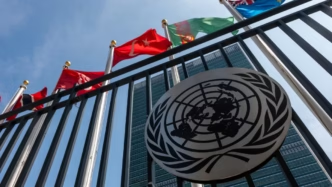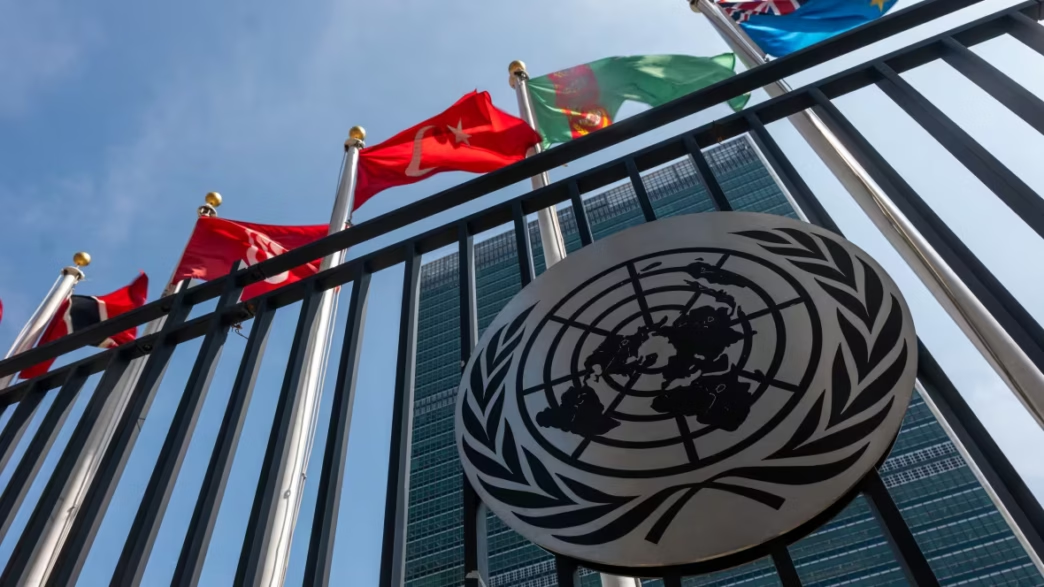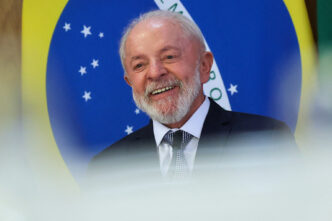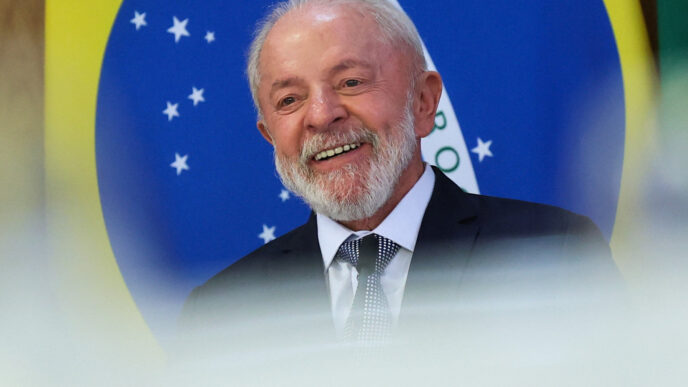Widespread United Nations (UN) sanctions against Iran came back into force late on Saturday after final nuclear negotiations with Western powers failed to achieve a breakthrough.
The sanctions, which follow Israeli and American airstrikes on Iran three months ago, ban transactions linked to Tehran’s nuclear and ballistic missile programmes and are expected to further damage the country’s already fragile economy.
European and US diplomats insisted that diplomatic efforts would continue despite the renewed sanctions.
US Secretary of State Marco Rubio urged Tehran to enter direct, good-faith negotiations and called on all UN member states to swiftly implement the sanctions to “pressure Iran’s leaders to act in their nation’s best interests and for global security.”
In a joint statement, the British, French, and German foreign ministers pledged to pursue a new diplomatic solution to ensure that Iran never develops nuclear weapons and urged Tehran to avoid any escalation.
Iran has allowed UN inspectors back into its nuclear facilities, but President Masoud Pezeshkian rejected a US proposal to hand over the country’s entire stockpile of enriched uranium in exchange for a brief reprieve, calling the offer “unacceptable.”
A last-minute bid by Russia and China to delay the sanctions until April failed to gain sufficient support in the UN Security Council, resulting in the measures taking effect at midnight GMT on Sunday (8 p.m. Saturday in New York).
Germany, which triggered the snapback alongside Britain and France, said it had “no choice” because Iran had failed to comply with its obligations.
Foreign Minister Johann Wadephul told the UN General Assembly, “Iran must never acquire a nuclear weapon. But let me stress: we remain open to negotiations on a new deal. Diplomacy must continue.”
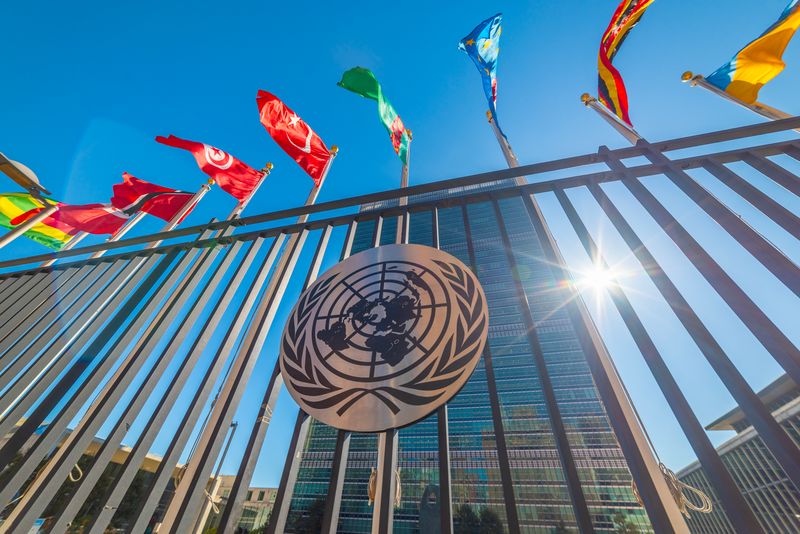
Russia dismissed the sanctions as invalid and vowed not to enforce them.
Foreign Minister Sergei Lavrov accused Western nations of “sabotaging constructive solutions” and attempting to extract “unilateral concessions” from Tehran through “blackmail and pressure.” Iran has consistently denied pursuing nuclear weapons.
Broader Impact Beyond US Sanctions
The sanctions are a “snapback” of measures lifted in 2015 when Iran agreed to limit its nuclear programme under a deal brokered by former US president Barack Obama.
The United States had already reimposed heavy sanctions — including efforts to cut off global Iranian oil sales — when President Donald Trump withdrew from the agreement during his first term.
Earlier this year, Oman hosted several rounds of indirect talks between Iran and the United States, but these collapsed in June after Israeli and then American strikes on Iranian nuclear sites.
In response to the renewed sanctions, Iran recalled its ambassadors from Britain, France, and Germany for consultations, state media reported.
“The situation was already extremely difficult, but it’s going to get worse,” said Dariush, a 50-year-old Iranian engineer. “We can already feel the impact: the exchange rate is rising, and prices are following.”
On Saturday, the dollar traded at a record high of around 1.12 million rials on the black market, according to several currency tracking websites.
An AFP correspondent at Tehran’s Grand Bazaar reported busy jewellery shops as Iranians rushed to buy gold.
Deepening Economic Crisis
The United States continues to enforce unilateral sanctions and pressure other nations to halt Iranian oil imports, although China has defied Washington’s demands.
The International Crisis Group, a Brussels-based think tank, said Iran appeared largely unfazed by the UN measures because it had already adapted to US sanctions.
However, it warned that reversing the snapback would be difficult, as it would require a Security Council consensus.
The renewed sanctions, it added, are likely to worsen Iran’s economic woes, including high inflation, currency depreciation, and infrastructure decline.
At the UN General Assembly on Friday, Israeli Prime Minister Benjamin Netanyahu urged swift action to reinstate the sanctions and hinted at further military strikes following the June bombings, which Iranian officials say killed more than 1,000 people.


 Trending
Trending 
